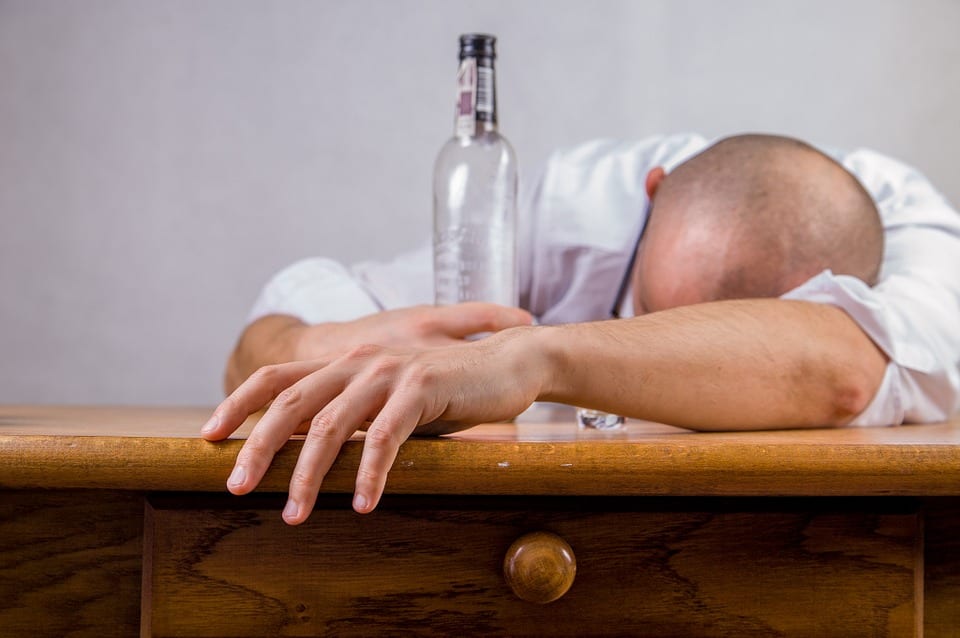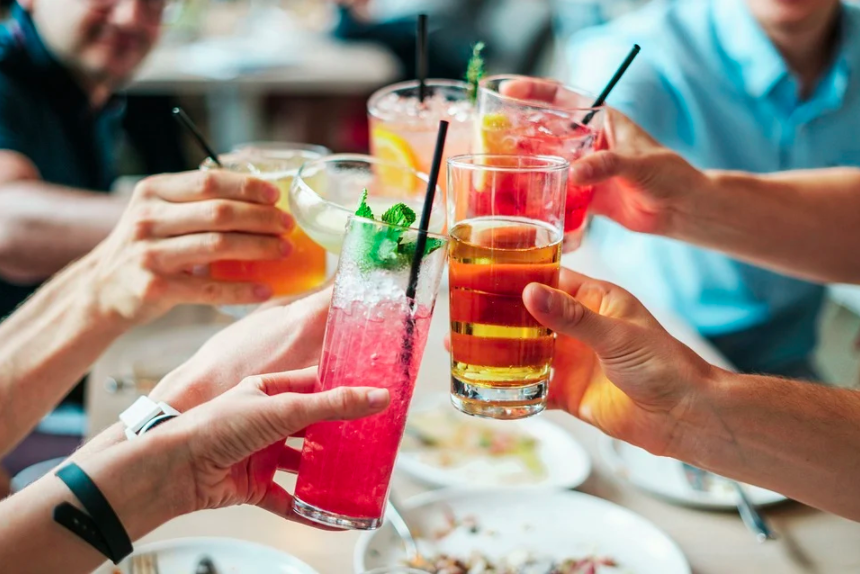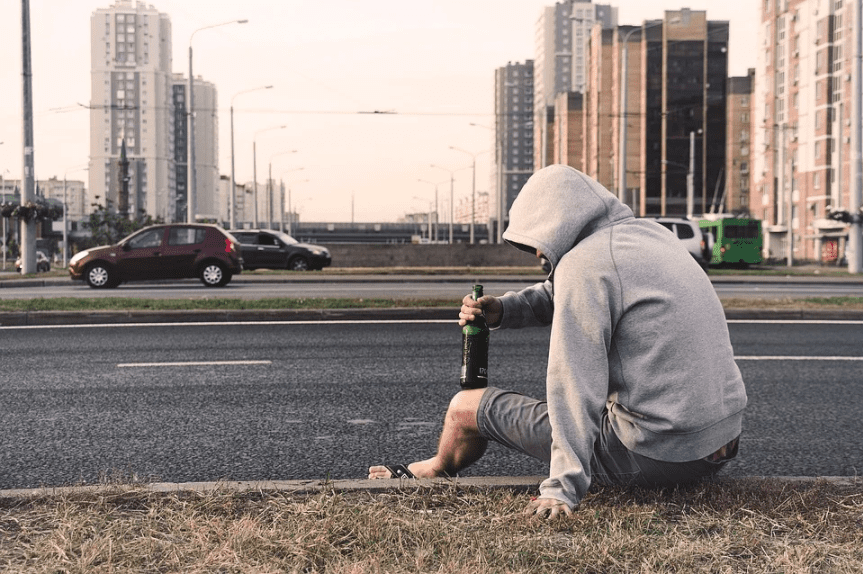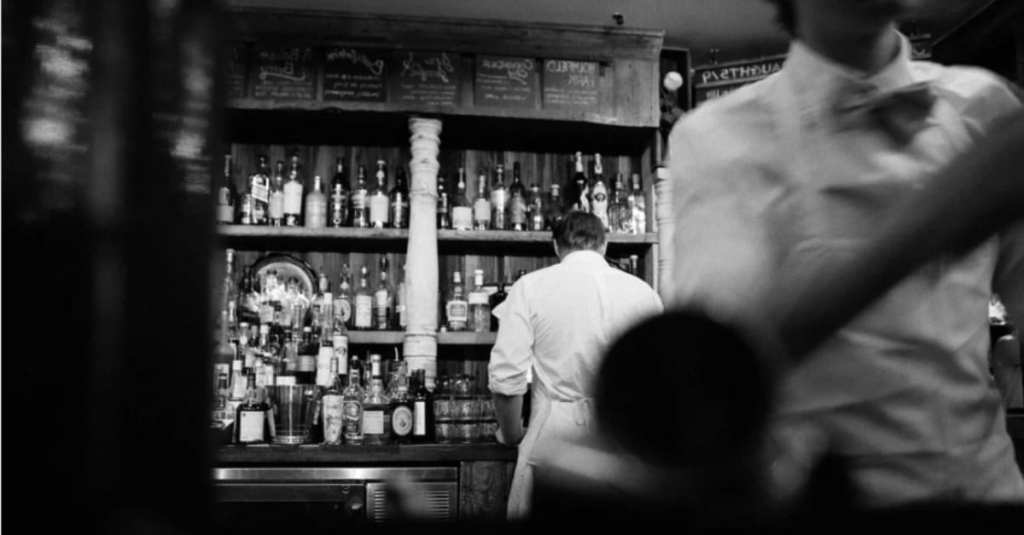In times of stress, having a drink here and there to cope, to ease anxiety or just to connect socially with friends, is very common and not unhealthy.
At least, not until it is, and if you’re someone with a predisposition for addiction issues, what starts as a way to cope can all-too-soon become a crutch impossible to get on without.
If you’re worried that your drinking might become – or could already be – a problem, here are 8 signs that it might be time to get some help.
8. You experience unintended consequences.

Image Credit: Pixabay
Unintended consequences, like getting drunk when you didn’t mean to, blacking out, or waking up with a hangover, can indicate you’re not in full control of your drinking.
7. Not meeting your responsibilities.
Not being able to – or losing interest in your important responsibilities at home, work, or school could be a red flag that alcohol has jumped into the driver’s seat.
Drinking should never interrupt your daily life and ability to function.
6. Your tolerance keeps increasing.

Image Credit: Pixabay
If you’re surprised to find yourself still sober after the number of drinks that used to leave you tipsy, an increased tolerance is an early sign of dependence.
A lot of people claim this is a sign that you’re doing it right.
Don’t listen to those people.
5. Other people are expressing concern.
If people who know you well and care about you express concerns that you’re drinking too much, you should probably listen.
Likewise, if your drinking is causing those relationships to become strained, it might be time to get some help.
4. You’re drinking heavily.

Image Credit: Pixabay
Drinking alone is more common among people who are alcohol dependent, but having a beer or two when you get home from work isn’t a sign of alcoholism in itself.
If you’re getting drunk when you’re alone, or often drink alone to excess, those could be telltale signs.
3. Drinking as a primary coping mechanism.
Around 1 in 4 people drink to cope with stress, but it’s the ones who also drink to cope with boredom and loneliness that appear to be in need of intervention.
If these apply to you, first try healthier activities that could help you relax and manage your feelings.
2. You’re aggressive and violent.

Image Credit: Pixabay
Alcohol reduces inhibitions and affects our ability to regulate our emotions.
If you tend to be aggressive, angry, or violent when drinking, it may be best to stop and seek treatment for underlying health issues.
1. Your mental health is suffering.
Alcohol is only a temporary salve; used in excess, it can increase anxiety and disrupt sleep, lowering the quality of your nightly snooze.
Alcoholics Anonymous is still meeting, so if you’re concerned and ready to get some help, please reach out to a local group.
Information is good to have on your side, but action is even better.
Take care of yourselves out there, friends!






